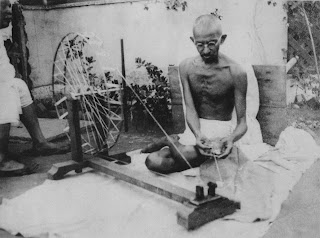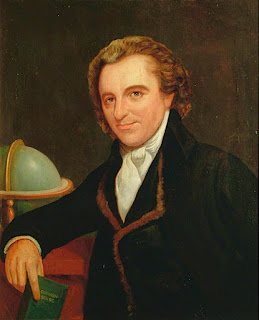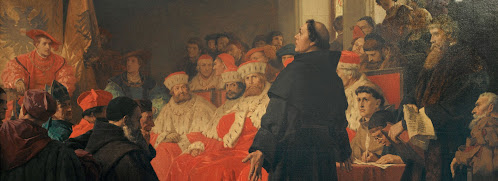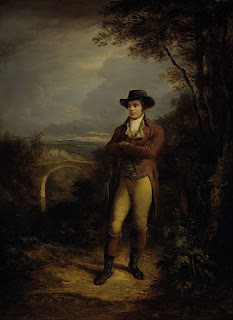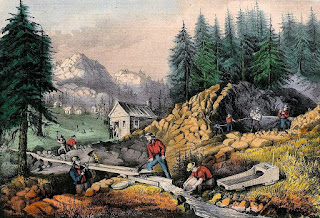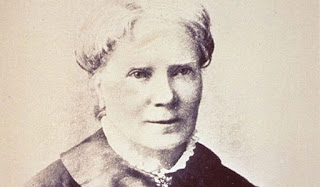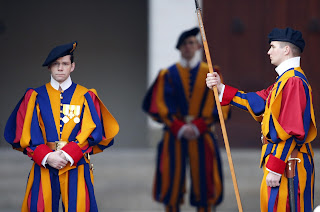On This Day January 31st
OTD January 31st is the Thirty-first day of the year in the Gregorian calendar; 341 days remain until the end of the year. Events 1578 – Eighty Years' War and Anglo-Spanish War: The Battle of Gembloux is a victory for Spanish forces led by Don John of Austria over a rebel army of Dutch, Flemish, English, Scottish, German, French, and Walloons. 1606 – Gunpowder Plot: Four conspirators, including Guy Fawkes, are executed for treason by hanging, drawing, and quartering for plotting against Parliament and King James. 1747 – The first venereal diseases clinic opens at London Lock Hospital. 1846 – After the Milwaukee Bridge War, the United States towns of Juneautown and Kilbourntown unified to create the City of Milwaukee. 1862 – Alvan Graham Clark discovers the white dwarf star Sirius B, a companion of Sirius, through an 18.5-inch (47 cm) telescope now located at Northwestern University. 1865 – American Civil War: The United States Congress passed the Thirteent...

